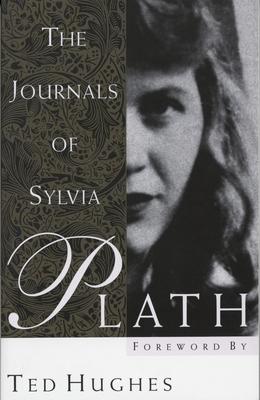
Sylvia Plath began keeping a diary as a young child. By the time she was at Smith College, when this book begins, she had settled into a nearly daily routine with her journal, which was also a sourcebook for her writing. Plath once called her journal her "Sargasso," her repository of imagination, "a litany of dreams, directives, and imperatives," and in fact these pages contain the germs of most of her work. Plath's ambitions as a writer were urgent and ultimately all-consuming, requiring of her a heat, a fantastic chaos, even a violence that burned straight through her. The intensity of this struggle is rendered in her journal with an unsparing clarity, revealing both the frequent desperation of her situation and the bravery with which she faced down her demons.
Sylvia Plath began keeping a diary as a young child. By the time she was at Smith College, when this book begins, she had settled into a nearly daily routine with her journal, which was also a sourcebook for her writing. Plath once called her journal her "Sargasso," her repository of imagination, "a litany of dreams, directives, and imperatives," and in fact these pages contain the germs of most of her work. Plath's ambitions as a writer were urgent and ultimately all-consuming, requiring of her a heat, a fantastic chaos, even a violence that burned straight through her. The intensity of this struggle is rendered in her journal with an unsparing clarity, revealing both the frequent desperation of her situation and the bravery with which she faced down her demons.
Paperback
$17.95